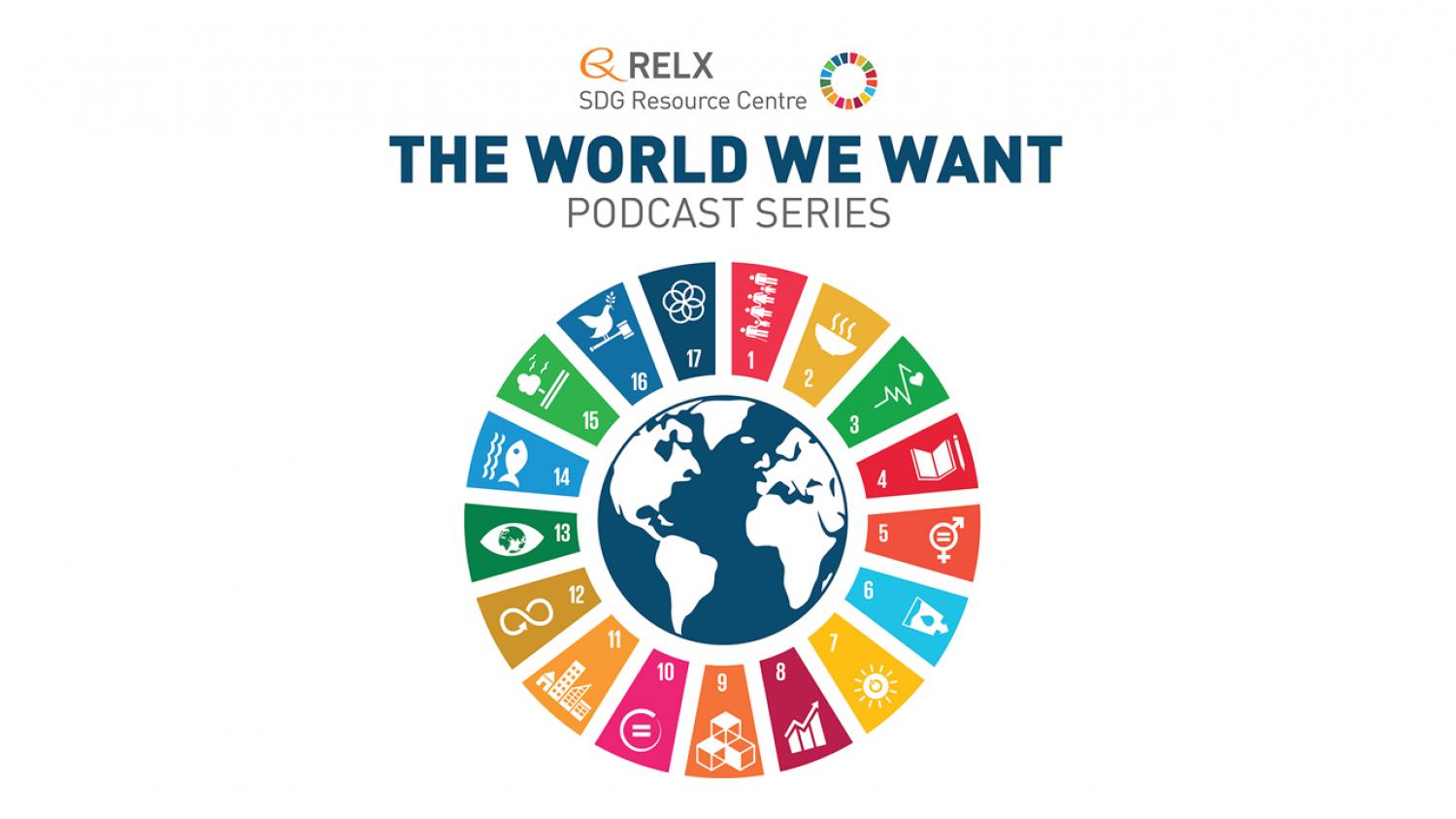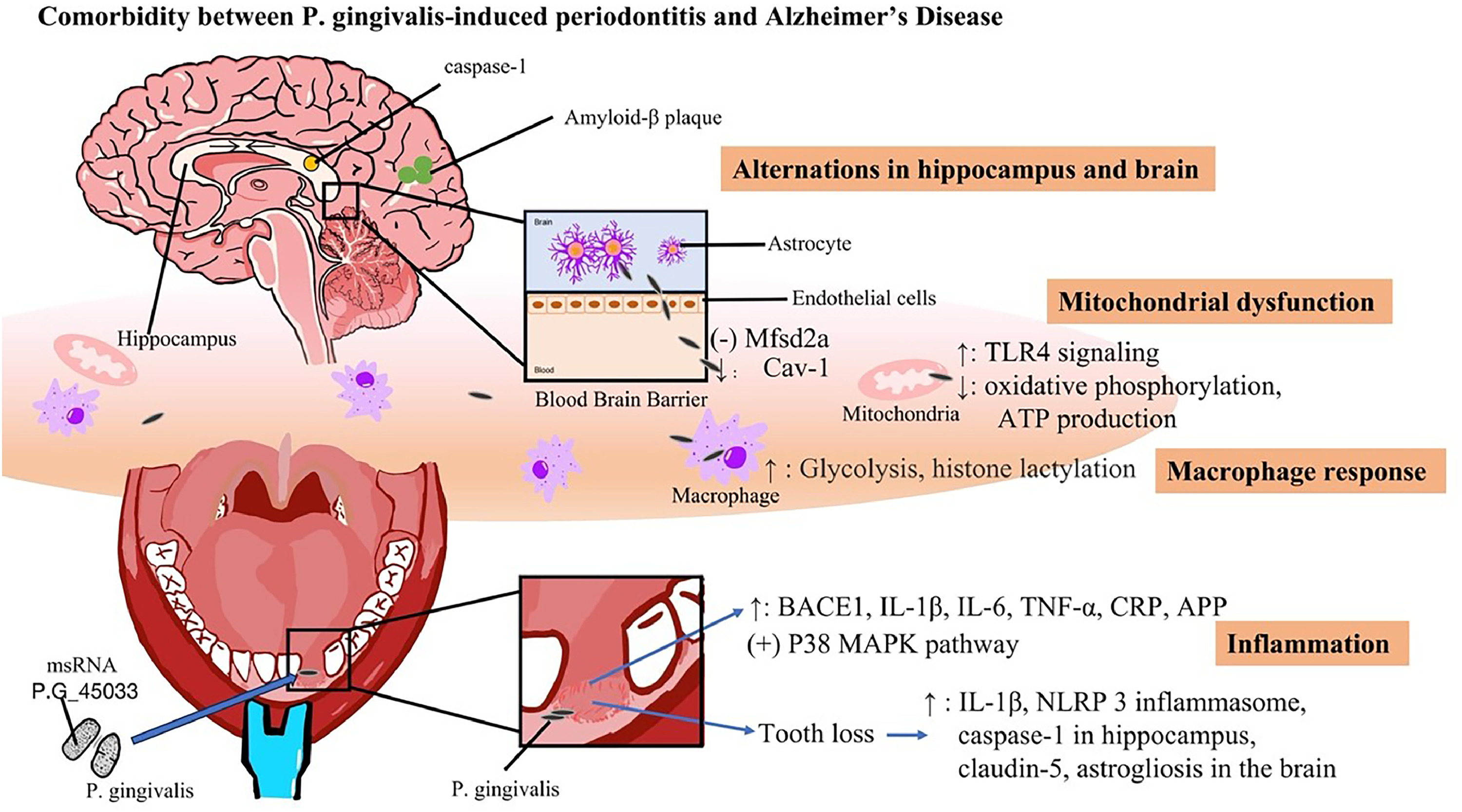Article discusses the relationship between hypertension and dementia, and the potential utility of antihypertensive medications in reducing the risk of cognitive decline and dementia. It concludes that mid-life hypertension is a risk factor for both vascular dementia and Alzheimer's disease, and that further research is needed to clarify the neuroprotective properties of different antihypertensive drug classes.
This study aims to assess depression and perception of vocal handicap in individuals with and without early-stage Alzheimer's disease (AD) using a self-report method. Depression is commonly observed in elderly individuals and can significantly impact their quality of life, management of chronic diseases, and daily and instrumental activities. In elderly individuals with AD, the risk of depression is twice as high compared to those without Alzheimer's.
The researchers examined the use of footwear that incorporates force-sensing resistor sensors to classify lower limb disorders affecting the knee, hip, and ankle joints. The outcomes of the study reveal promising findings for future gait analysis and injury diagnosis, and the potential of force-sensing resistors (FSRs) and machine learning techniques for improving the assessment of lower limb injuries, and thereby furthering SDG3.
Elsevier,
Handbook of Nanomaterials: Electronics, Information Technology, Energy, Transportation, and Consumer Products: Volume 1, Volume 1, 1 January 2024
In this chapter, we discuss various methods for synthesizing nanomaterials and their properties for application in energy generation. We also explore the practical applications of different nanomaterial-based energy-generating devices and their performance, positioning them as alternative technologies to traditional power sources. The chapter highlights the overall performance—thermal, electrical, and mechanical—of nanomaterial-based energy generators and examines the role of various nanomaterials in energy-harvesting devices. Finally, we address the current challenges in applying nanomaterials in energy generation.
In this episode of the "World We Want" podcast, Márcia Balisciano interviews Filip Neele, Lead Scientist at TNO in Utrecht, the Netherlands. They discuss carbon capture and storage (CCS) technology as a “key” in energy transition and its role in supporting global sustainability.
The cascading effects of biodiversity decline on human well-being present a pressing challenge for sustainable development. Conservation efforts often prioritize safeguarding specific species, habitats, or intact ecosystems but overlook biodiversity's fundamental role in providing Nature's Contributions to People (NCP) in human-modified landscapes.
A comprehensive survey of the current research on using Blockchain and Federated Learning (FL) to enhance Intrusion Detection Systems (IDS) for Industrial Internet of Things (IIoT) networks. It examines the security challenges faced by IIoT systems, the potential threats, and the state-of-the-art approaches that leverage Blockchain and FL to address these issues.
This content aligns with Goal 3: Good Health by describing cronic infection due to hepatitis C virus (HCV) that is among the most common etiologic factors of vasculitis in humans.
This content aligns with Goal 3: Good Health and Wellbeing and Goal 9: Industry, Innovation, and Infrastructure by identifying potential nutraceutical applications of bioactive compounds for prevention and treatment of Alzheimer's Disease.
This study identifies research trends and hotspots on the comorbidity between periodontitis and neurodegenerative diseases, incl. Alzheimer's.


